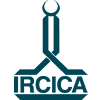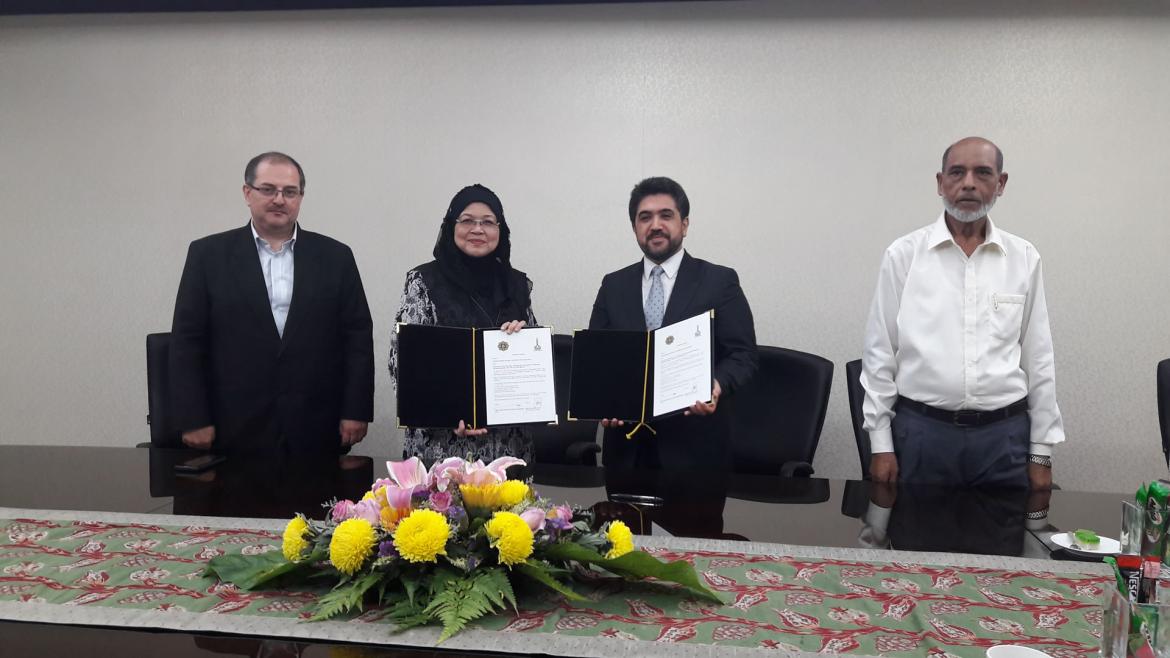International Conference on History and Governance of Awqaf was held on 4-5 July 2018 in Kuala Lumpur, Malaysia. The conference was jointly organized by International Islamic University Malaysia (IIUM) and IRCICA. The conference gave the floor to scholars in history and waqf studies to share knowledge and interact in interdisciplinary dialogues to appraise the status and the evolution of the waqf institution in the Muslim world. Each of the two days of the conference started with a keynote address. The two keynote addresses were by Prof. Miura Toru, Vice-President and Professor at Ochanomizu University in Tokyo, Japan (“Transregional Comparisons of the Waqf and Similar Donations in Human History”) and by Prof. Ishtiyaq Ahmad Zilli, Director of Darul Musannefin Shibli Academy (“Indian Muslims’ Struggle to Resist Colonial Intervention: Waqf ala al Awlad”. Experts presented 27 papers in 7 sessions. The papers addressed varied aspects related to waqfs such as the history and governance of waqfs; policies, laws and management aspects of waqfs; impact of waqfs on higher education; relations between waqfs and non-profit sectors; policies, laws and management aspects of waqf and endowments; comparative studies on waqfs; implications of colonialism on waqfs; implications of modern statehood on waqf and endowments.
The opening session of the conference heard the address of Prof. Dato’ Sri Dr. Zaleha Kamaruddin, Rector of IIUM which was read by Prof. Dr. Mohammad A. Quayum, Dean, Kulliyah of Islamic Revealed Knowledge and Human Sciences, IIUM and the address of Dr. Halit Eren, Director General of IRCICA which was read by Prof. Dr. Sadık Ünay, Consultant to the Director General, IRCICA. Assoc. Prof. Dr. Arshad Islam from the Department of History and Civilization, IIUM, gave officiating remarks.
The following papers were delivered during the working sessions:
Session theme: Islamic Theory and Philosophy of Waqf “Waqf, its Substitution (Istibdal) and Maqasid Al-Shari’ah (M. F. Ali Al-Fijawi, Maulana Akbar Shah, Alizaman D. Gamon); “Substitution of Waqf: Maqasid Al-Shari’ah and Public Interest (Abdul Bari Bin Awang); “A Fresh Perspective on Maqasid Waqf and its Implications” (Mohammad Tahir Sabit Haji Mohammad); “The Foundations of Waqf Institution under Islamic Law: A Historical Perspective” (Irfan Ahmed Shaikh)
Session theme: Waqf Institutions and Practices in Subcontinent and Bangladesh “Awqaf Properties in Bengal (from the earliest times to 1947) (Khoundkar Alamgir); Historical Development of Waqf Government in Bangladesh (Md. Towhidul Islam); “Impact of Waqf Propoerty in Primary to Higher Islamic Educational Institutions in Bangladesh: A Study” (Md. Masudur Rahman); “Inscriptions and Farmans: A Source of Study for Awqaf in the Indian Subcontinent” (Yaqub Ali Khan)
Session theme: Waqf Institutions and Practices in Comparative Perspectives “The Role of Waqf Properties in the Development of the Islamic Institutions in the Philippines: Issues and Challenges (Alizaman D. Gamon, Mariam Saidona Tagoranao, Mohammed Farid Ali); “Ancestral Estates and Colonial Law: Property Management through Ancestral Rituals and its Regulation in Hong Kong (Kentaro Matsubara); “Challenges in Mapping South Asian Waqf in Southeast Asia (Khoo Salma Nasution); “Women’s Role in the Creation and Management of Awqaf: A Historical Perspective” (Abdul Azim Islahi)
Session theme: Waqf Institutions and Practices under British Colonial Experience “Zanzibar Waqf and Trust Fund at the Time of British Protectorate (1890-1963): A Historical Study, and Its Challenges to Muslim Development (Juma Khamis Juma); “Religious Endowments under Colonial Rule: The Case of Dargah Salar Mas’ud (Ayako Ninomiya); “Awqaf: Moral Issues and the Financial Autonomy of the Khanqah (Khurram Qadir)
Session theme: Waqf Institutions and Practices in Comparative Perspectives “A Comparative Study of Governance of Waqf Institutions in India and Malaysia (Anwar Aziz, Jawwad Ali); “The Chronicle of Waqf and Inception of Mosques in Malabar: A Study Based on the Qissat Manuscript (Abbas Panakkal); “The Waqf Estates of Pandua: The Baees Hazari and Shash Hazari (Salim Zaweed); “Waqf in India: Empowerment of Indian Muslims through Waqf (Hassan Imam)
Session theme: Waqf Institutions and Practices in Indonesia “Historical Transformation of Waqf Institutions in Indonesia” (Amalia Fauzia); “The Development of Waqf Accounting in Indonesia; Past, Present and Future” (Hidayatul Ihsan); “Multiple Dimensions of Waqf Services in Turkey: AN Analysis” (Israr Ahmad Khan, Mariya Seemin Khan); “Turkish Waqf After the 2004 Aceh Tsunami” (Alaeddin Tekin)
Session theme: Waqf Institutions and Practices in Malaysia “Exploring the Dynamism of the Waqf Institution in Islam: A Critical Analysis of Cash Waqf Implementation in Malaysia” (Amilah binti Awang Abd Rahman Abdul Bari); “The Earliest Awqaf in Malaysia” (Salehuddin Md. Dahlan, Zulkifli Jaafar Nor Asiah Mohamad); “The Development of Waqf Laws in Selangor: A Preliminary Analysis of the Wakaf (State of Selangor) Enactment 2015 (Zati Ilhan Abdul Manaf, Sharifah Zubaidah, Nor Asiah Mohamad); “Waqf for Education in Malaysian History: Pondok, Sekolah Agama, and Private Madrasa (Yuki Shiozaki)
Prof. Dato’ Sri Dr. Zaleha Kamaruddin, Rector of IIUM and Prof. Dr. Sadık Ünay, Senior Expert, IRCICA; left, Assoc. Prof. Arshad Islam from the Department of History and Civilization, IIUM; right, Prof. Dr. Bashir Sawalhi, Advisor to the Rector, IIUM
During the period of the conference, IRCICA and IIUM signed a letter of intent towards a Memorandum of Understanding for Cooperation between the two institutions. The letter of intent was signed by Prof. Dato’ Sri Dr. Zaleha Kamaruddin, Rector of IIUM and Prof. Dr. Sadık Ünay, Consultant to the Director General, IRCICA.






